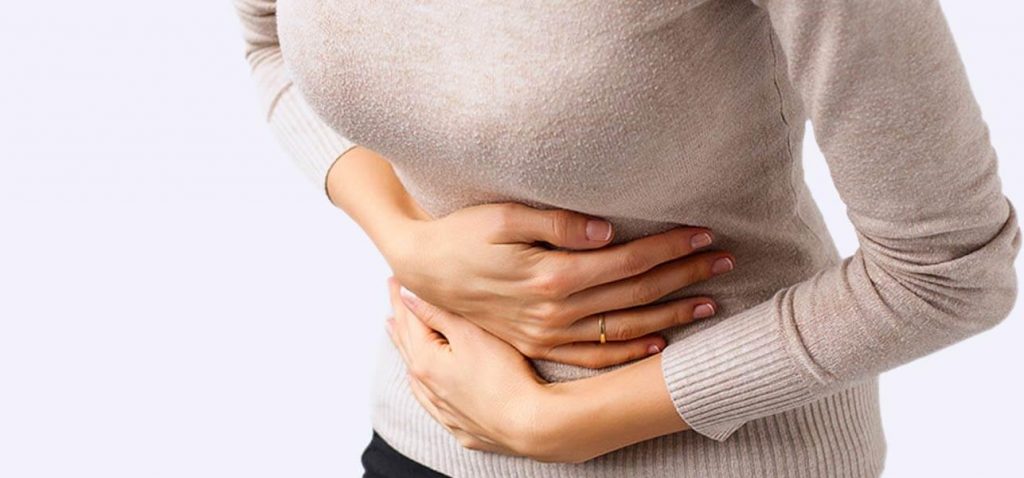
The exception on the woman who has successfully ticked the marriage box off is the birth of a baby. Bonus points for her if it’s a boy. When this does not happen at the set time; usually nine months after the wedding, an alarm is raised. Sadly, the culprit is usually the woman.
That both parties have a part to play in birthing a child is a topic for another day. Our interest now is on how much women neglect their reproductive health until their search for the fruit of the womb begins. Truthfully, the sexual and reproductive health of a woman is not just to the end of having children, you want to live a healthy life all around so routine checkups should be an important habit of every woman.
There are several health factors in a woman that may cause reproductive issues or as we like to term it fertility issues. Some of them include;
- Endometriosis
Endometriosis is a condition where tissues similar to that which lines inside the uterus grow outside the uterus and sometimes on other organs such as fallopian tubes, ovaries, bowels etc. This condition affects the menstrual cycle leading to heavy and irregular bleedings. Other common symptoms include severe cramps, vomiting, pelvic pains and bowel disorders.
- Polycystic Ovarian Syndrome (PCOS)
Polycystic Ovarian Syndrome is a hormonal disorder in which the ovaries contain little sacs filled with fluid growing on it. Although these sacs are not harmful on their own, they can instigate a change in the level of hormones in the body. This invariable leads to a series of abnormalities and changes in the body.
Common symptoms include irregularities in menstrual cycle, elevated levels of male hormones resulting in excess facial and body hair growth, severe acne, diabetes, and an increase in weight.
- Uterine Fibroids
Non-cancerous growths found in the uterus are referred to as uterine fibroids. These growths come in varying sizes from very small undetectable to the eyes to large sizes that can enlarge the uterus. Uterine fibroids usually don’t have any symptoms depending on the location however for those that show signs, it may include pressures and pain in the pelvic, back or leg pains, increased urination, and extended menstrual periods that can last more than a week.
- Gynaecological Cancers
Any cancer that affects the reproductive organ or system of a woman is grouped as gynaecological cancer. There are several of such cancers which are named after the organs they affect, for instance, cervical cancer is so-called because it affects the cervix, and ovarian cancer is named so because it affects the ovaries. Other forms of cancers that affect women include uterine cancer, breast cancer, vaginal cancer, and vulvar cancers. Every woman is potentially prone to cancer. Sadly many cancers do not have a cure although they can be managed if early detected.
Many of these conditions are not what you can choose as a woman. Most don’t have a cure just yet but can be well managed with early detection and a common symptom is associated with the menstrual cycle. Therefore, every woman of childbearing age should consider including a reproductive health medical checkup in her routines.
Illnesses are not what anyone prays for. The accompanying pain and stress on us and the people around us, as well as the reduced productivity in the place of work or at home, require that we do not trivialize our health.
Photo Credit : Google Images

